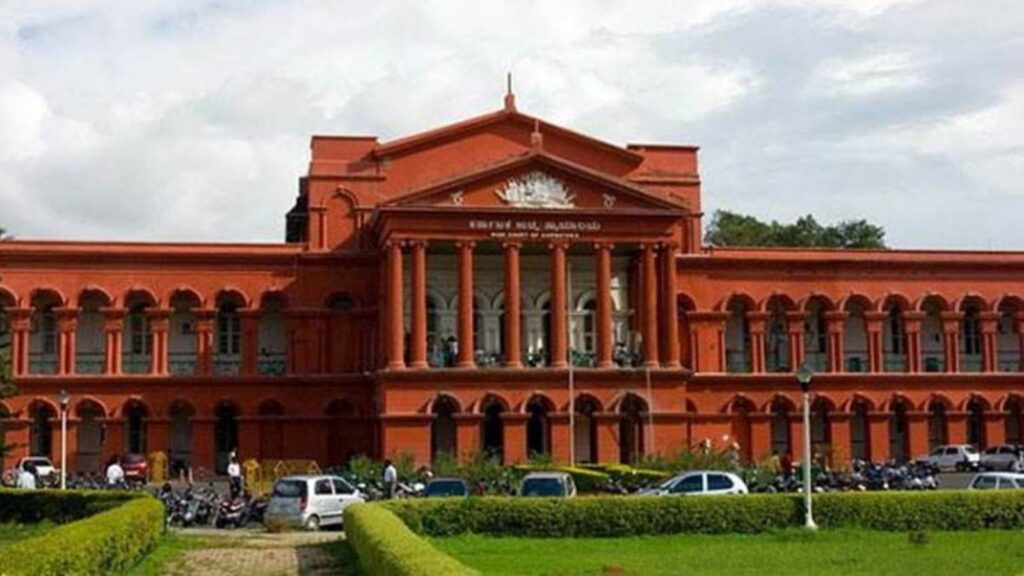The Karnataka High Court has quashed an Upalokayukta report and set aside penalties levied against a BBMP engineer, granting relief in a case of alleged dereliction of duty. The order was passed on September 10 by a division bench consisting of Justices D K Singh and Venkatesh Naik and was recently made public. The engineer had approached the high court against the penalty levied on her.
In this case, Geetha C, an assistant executive engineer in Maruti Seva Nagar under the Bruhat Bengaluru Mahanagar Palike (BBMP) in 2014, was the subject of a Upalokayukta inquiry based on a complaint that year by one Susheela. The complainant was involved in a civil dispute with her brother, who had allegedly carried out illegal construction on a disputed property. According to the charges framed by the Upalokayukta, the engineer had not gone ahead with the demolition even after the demolition order was passed. Based on this, four payment increments were withheld with a cumulative effect in a 2019 order.
The charge had stated, “…after passing of final order for demolition of the said illegal construction and hence, you… have failed to maintain absolute integrity and devotion to duty and committed an act which is unbecoming of Government Servants and thus you are guilty of misconduct under Rule 3(1)(i) to (iii) of KCS (Conduct) Rules 1966.”
The engineer’s counsel submitted before the court that she had passed the demolition order after hearing the brother’s reply in the matter. However, the demolition cost that she had submitted to the executive engineer was not approved. Thus, the demolition could not be carried out. The Upalokayukta counsel, on the other hand, argued that it was the engineer’s responsibility to ensure that no unauthorised construction was carried out, and the demolition should have been done.
The bench observed that there was no material on record that suggested that the cost for the demolition had been approved by the executive engineer.
Having taken note of this, it observed, “We are of the considered view that the petitioner cannot be held guilty for dereliction of duty, or for not maintaining the absolute integrity and devotion to the duty. We, therefore, allow this writ petition…”

